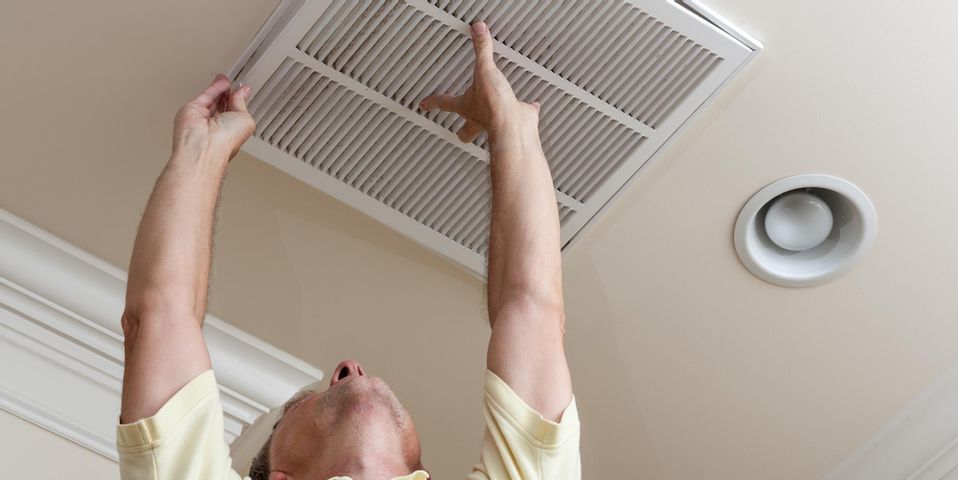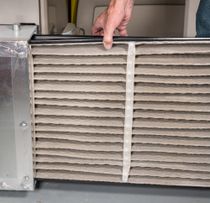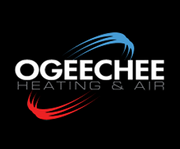How to Choose the Right Air Filter for Your HVAC System

Replacing your HVAC air filter every season is perhaps the most valuable service you can provide your system on your own. This basic maintenance requirement prevents strain and reduces the need for frequent AC and furnace repairs while also boosting your home’s indoor air quality. They come in many sizes and variations, however, so it’s important to select the right type of filter for your system. Here’s everything you need to know in order to make the right choice.
A Brief Guide to Selecting an HVAC Filter
1. Determine the Size
Size matters or else the filter won’t fit into its designated slot. The easiest way to determine the proper dimensions is to use the old filter as your guide. If this isn’t an option, simply measure the height, width, and depth of the compartment the filter will fit into.
Most of the time, this section is situated between the unit and the return duct; in homes with attic systems, the filter is likely located in a ceiling vent. Have someone spot you from below if you need to take measurements on a ladder, or have your furnace repair technician give you precise figures.
2. Check MERV Rating
 A prominent number on filter packaging denotes the minimum efficiency reporting value, commonly referred to as the MERV rating. This figure relates to the filter’s ability to effectively capture dust and other contaminants and prevent them from recirculating throughout the home. This not only promotes better indoor air quality, but it also minimizes the chances of a breakdown and can ease your energy consumption.
A prominent number on filter packaging denotes the minimum efficiency reporting value, commonly referred to as the MERV rating. This figure relates to the filter’s ability to effectively capture dust and other contaminants and prevent them from recirculating throughout the home. This not only promotes better indoor air quality, but it also minimizes the chances of a breakdown and can ease your energy consumption.
The rating system runs from 1 to 16, designating least to most effective at filtering particles in the air. Although the latter is an appealing choice, it’s not always practical for all systems. Your HVAC contractor can provide you with guidance if you aren’t sure whether your system is equipped to handle a thick MERV 16 product. Generally, a rating of 5-8 will filter most pollutants, while 9 or higher is necessary for smaller particles such as those found in cigarette smoke.
3. Consider the Type
There are several different types of filters available. Fiberglass typically has a MERV rating between 1 and 4. The next level up is the pleated filter, with a typical value ranging from 5 to 8. This is a popular variety that promotes better indoor air quality than a fiberglass model.
Electrostatic filters, by contrast, are valued anywhere between 2 and 10. These may be washable, making them a more costly option. For those concerned about airborne allergens, a high-efficiency particulate air (HEPA) filter is a sensible choice. They feature higher MERV ratings and are designed to trap minuscule particulates.
Are you seeking a reliable air conditioning company in southeast GA? Turn to the professionals at Ogeechee Heating & Air in Claxton. These residential heating contractors handle it all, from furnace repairs to AC installation. They’ll also assist you in selecting the most suitable filter for your system. Visit them online for information or give the family-owned company a call at (912) 764-8173 to schedule an appointment. Be sure to ask about their 100% money-back guarantee.
About the Business
(36 reviews)
Have a question? Ask the experts!
Send your question

